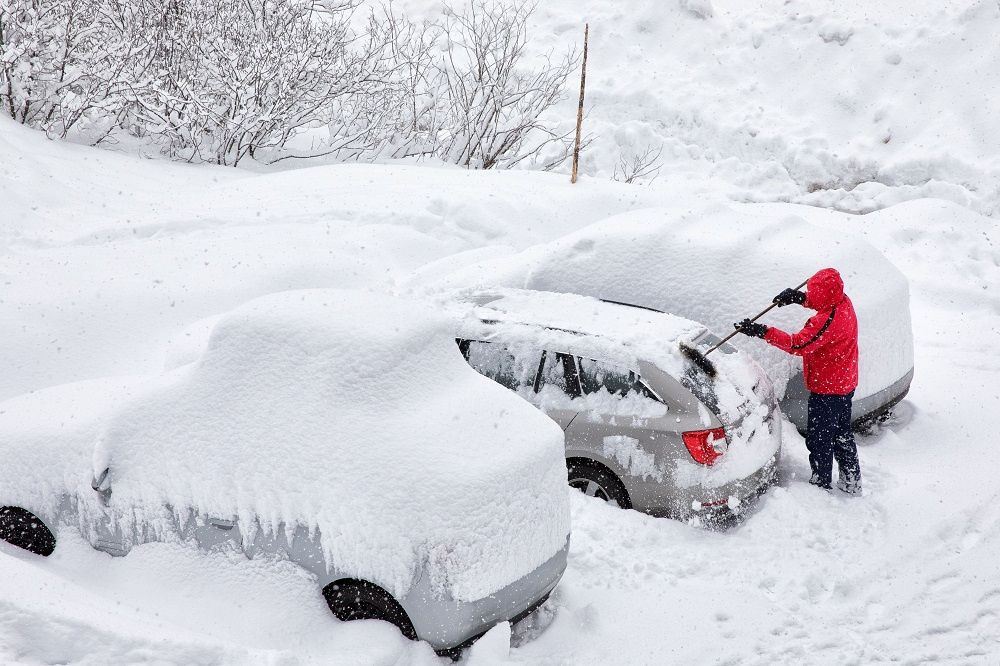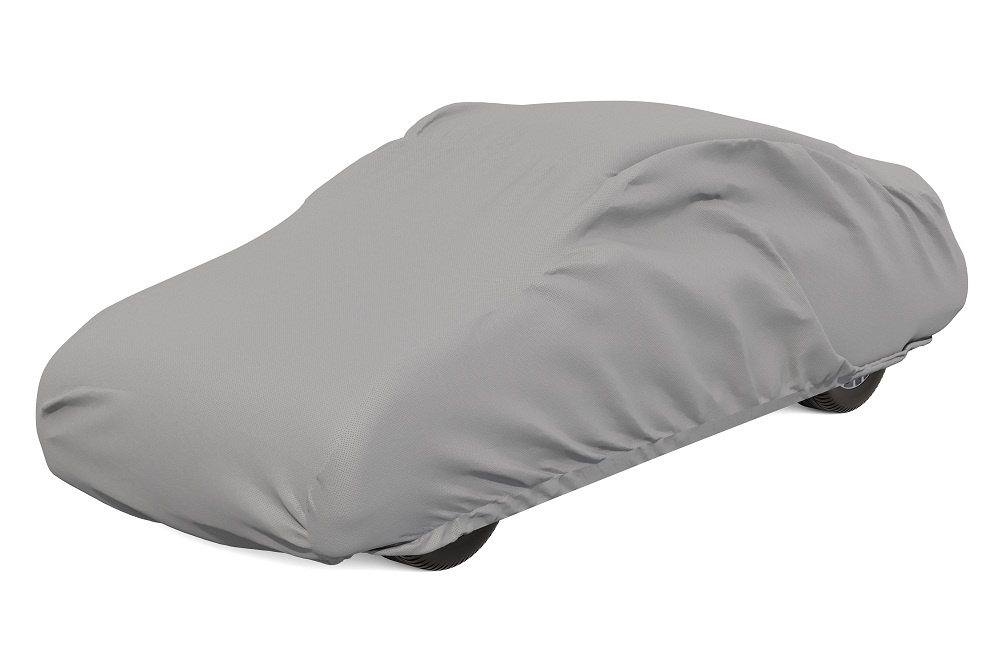Preparing Your Vehicle for Winter Storage
 Before you know it, winter will be here once again. Though the cold weather may have some perks, luxury and performance cars tend to suffer the most during these months. Because of the harsh weather and bad road conditions, many car owners choose to store their vehicles away for winter to protect them from damage.
Before you know it, winter will be here once again. Though the cold weather may have some perks, luxury and performance cars tend to suffer the most during these months. Because of the harsh weather and bad road conditions, many car owners choose to store their vehicles away for winter to protect them from damage.
But before the cold weather hits, there are a few things you must do to get your car ready to be stowed at your local auto storage in Metairie. Adequate preparation is key to ensuring you do not experience any problems down the line. Read on below to learn how to get your car ready for winter storage and ensure its safety.
Top Off the Fluids
Before storing your vehicle, top off all of the fluids in your car. This will help to limit corrosion and any contaminants in the car's internal fluid systems. You should also add a fuel stabilizer when you fill up your gas tank for the last time before dropping it off at the storage facility. A fuel stabilizer helps to prevent solids from building up in the gasoline, which can happen if it sits for a lengthy period. Without a stabilizer, the fuel tank, lines, injection, and carburetor can start to deteriorate.
Inflate the Tires
The last thing you want to see when you pick up your car this spring is four flattened tires. Unfortunately, this can happen if one part of the tire's surface remains on the ground for a long time. To combat this, you can over-inflate your tires before storing them. Just be sure to deflate them to the correct PSI before driving it again.
Prepare the Battery
There are a few different ways you can prepare your battery for storage. The best method is dependent on the make, model, and year of your vehicle, so you may want to check with an expert before stowing your vehicle. They may suggest that you remove the battery and attaching it to a battery tender, disconnect it and connect it to a trickle charger, or plug a battery maintenance and monitoring device into your car.
Don't Engage the Parking Brake
When you park the car in its new winter home, do not engage the parking brake. Leaving it on for an extended period can increase the chances that the internal mechanisms will seize or stick. Instead, just put the car in park as you normally would and do not touch the parking brake.
Perform Detailing
Get both the interior and exterior of your vehicle detailed prior to storage. This limits the number of surface contaminants in the car that could potentially cause harm. Waxing the vehicle can aid in protecting it from moisture, scuffing, and oxidation. Interior detailing can help to limit deterioration and prevent mold growth.
Buy a Car Cover
 No matter where you are planning to store your car, it is a good idea to get a car cover. This will provide your vehicle with an added layer of protection against humidity, weather, falling items, and other hazards. Car covers are not one-size-fits-all, so be sure to find one that is suitable for the make and model of your car.
No matter where you are planning to store your car, it is a good idea to get a car cover. This will provide your vehicle with an added layer of protection against humidity, weather, falling items, and other hazards. Car covers are not one-size-fits-all, so be sure to find one that is suitable for the make and model of your car.
Guard Against Unwanted Pests
When it comes to long-term vehicle storage, one of the most common problems is unwanted pests like rodents, vermin, insects, and more. These critters love to nest inside cars where it is safe and warm. One way to avoid these pests is by choosing a storage facility that is clean and professional. You can also take some other preventative measures, like placing steel wool in the exhaust pipe and other easily accessible openings.
Be Patient
Warm winter days will undoubtedly come, and you may be tempted to take your car out for a spin. Don't give in to this urge; you may end up negating all of the hard work you did to prepare your vehicle for the winter. Be patient, and wait for winter to end before driving your car again officially.
Contact us at Affordable Self Storage to learn more about storing your car for the winter or to reserve your spot today.

 (504) 833-1717
(504) 833-1717